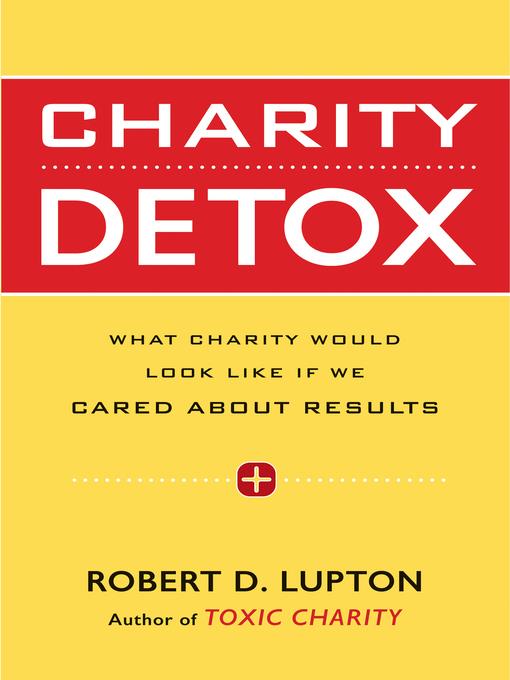
Charity Detox
What Charity Would Look Like If We Cared About Results
کتاب های مرتبط
- اطلاعات
- نقد و بررسی
- دیدگاه کاربران
نقد و بررسی

May 1, 2015
Charity has a central place in many religions; churches contribute to food banks, assist at homeless shelters, and organize mission trips to various regions. Yet Lupton (Toxic Charity) has observed, in his 40 years as a community organizer, that such efforts, while necessary in a crisis, do little to improve people's socioeconomic status. Lupton uses this well-worn critique of churches' charitable activities as a springboard for positive action. He argues that mission trips in which goods are simply distributed lead to dependence by local residents and may depress the community's ability to generate wealth. Lest one see this as simply social entrepreneurship for troubled regions, the author advocates that churches need to be more involved in communities by living and investing in them--ideas that have more in common with Sojourners than the National Review. VERDICT While Lupton aims to challenge his own evangelical community, all readers will find in this book a useful way to reexamine outreach programs. Yet one has to wonder whether the problem is that churches have always operated in response to crises, and that the decline of the welfare state in the United States simply shifted the burden on institutions that were not designed to fight poverty in the first place.--James Wetherbee, Wingate Univ. Libs., NC
Copyright 2015 Library Journal, LLC Used with permission.

























دیدگاه کاربران